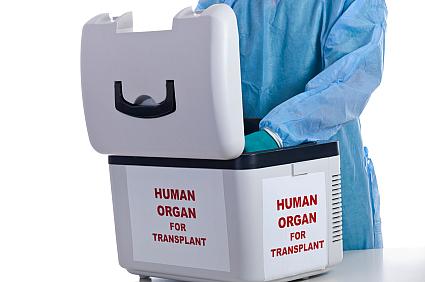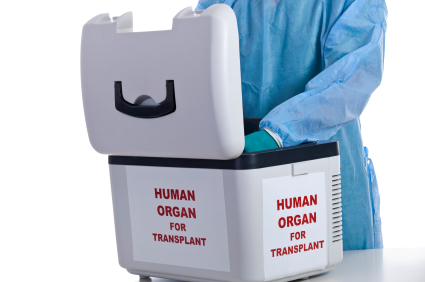Body Brokers Still Selling: Organ Trafficking Case Begs for Broader Scrutiny


In what some in the media are calling "the first legally proved case of organ trafficking," Levy Izhak Rosenbaum pleaded guilty to federal charges related to his long-running role as an organ broker for people needing transplants in the United States. Rupert Shepherd at Medical News Today wrote:
(Rosenbaum) said he had been helping to secure organs from people in Israel in exchange for payments upwards of $120,000. In his defense his legal team argued that his services saved the lives of terribly ill people, stuck for years on official waiting lists that can often seem arbitrary and unfair.
Rosenbaum may have a point about the transplant system. But it's chilling to read the reporting of Bloomberg Markets' Michael Smith, Daryna Krasnolutska and David Glovin. These reporters took readers even deeper into the organ trafficking underworld with an excellent piece that described the pipeline between poor countries in Eastern Europe and rich organ buyers. They wrote of one organ donor who was bribed for his kidney in Moldova:
Dorin Razlog, a shepherd with an eighth-grade education who lives in Ghincauti, says recruiters for a trafficking ring told him cash for a kidney would lift him out of poverty. After doctors in Istanbul cut out the organ in August 2002, they paid him $7,000 - $3,000 less than they'd offered. Of that, $2,500 was in counterfeit bills, he says.
"They told me they would send people to destroy my house and kill my family if I went to the police," Razlog, 30, says. Today, the money is long gone, and he sleeps on a musty mattress inside the rusting hulk of an abandoned Russian van next to a pigsty. At the end of some days, Razlog says, he's writhing from pain in his remaining kidney. "The only way out is death," he says.
The Bloomberg piece and the Rosenbaum plea shed light on an opportunity for health reporters to explore a body part trade much closer to home: the gray market in bones, skin, tendons and other tissues.
The body parts trade was uncovered 11 years ago by a team of reporters – including me – in a series called The Body Brokers at The Orange County Register. What we found is still happening with nonprofit organ agencies, for-profit companies and thousands of middlemen who will cut, slice and disembowel cadavers for any buyer for a wide range of fees.
New Jersey's U.S. Attorney, Paul Fishman said in a press release about the Rosenbaum plea: "A black market in human organs is not only a grave threat to public health, it reserves lifesaving treatment for those who can best afford it at the expense of those who cannot ... We will not tolerate such an affront to human dignity."
Nearly the exact same thing can be said about the human body parts trade. We found, for example, that donated skin needed for lifesaving grafts to help burn victims heal was being sold and processed into filler for cheek lifts and penis enlargements. We found that dura mater – the outermost of three membranes that cover the brain – had infected a woman with the human form of mad cow disease. We found that millions of dollars were being made from bones and tissues that were donated freely by people who never thought their late loved ones' bodies would become profit-generating products.
The problems could be broken down into a number of main categories, including: informed consent, transparency, infection control, and supply. I'm going to explore some of these in upcoming posts and point out areas ripe for renewed investigation.
Have an idea of your own? Share in the comments below or send me a note at askantidote@gmail.com. Follow me on Twitter @wheisel.

